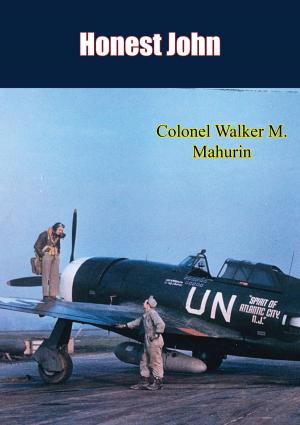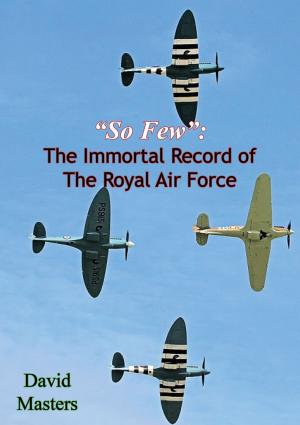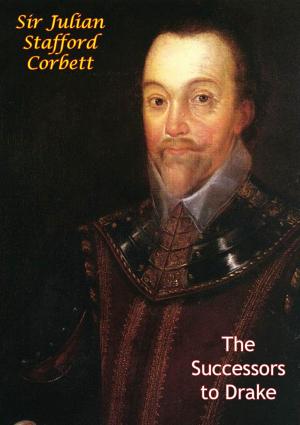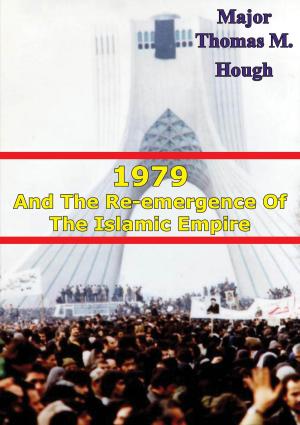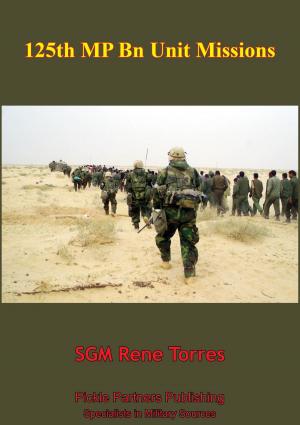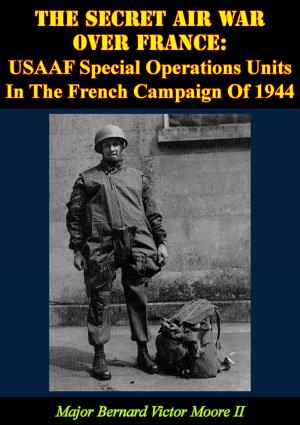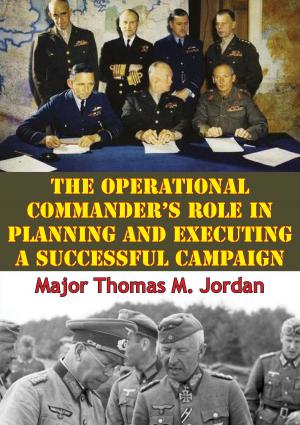XIX Tactical Air Command And Ultra - Patton’s Force Enhancers In The 1944 Campaign In France
Nonfiction, History, Germany, European General, Military, United States| Author: | Major Bradford J. “BJ” Shwedo USAF | ISBN: | 9781786254672 |
| Publisher: | Tannenberg Publishing | Publication: | November 6, 2015 |
| Imprint: | Tannenberg Publishing | Language: | English |
| Author: | Major Bradford J. “BJ” Shwedo USAF |
| ISBN: | 9781786254672 |
| Publisher: | Tannenberg Publishing |
| Publication: | November 6, 2015 |
| Imprint: | Tannenberg Publishing |
| Language: | English |
Gen George S. Patton Jr. remains one of the most storied commanders of World War II. Patton’s spectacularly successful drive across France in August-September 1944 as commander of the US Third Army was perhaps his greatest campaign.
Drawing heavily on declassified ULTRA intelligence reports, the records of XIX Tactical Air Command, and postwar interrogations of German commanders, Maj Bradford J. Shwedo’s XIX Tactical Air Command and ULTRA: Patton’s Force Enhancers in the 1944 Campaign in France sheds new light on Patton’s generalship and suggests that Patton’s penchant for risk and audacity may have been less the product of a sixth sense than of his confidence in ULTRA and tactical airpower. Timely and highly accurate ULTRA intelligence afforded Patton knowledge of German capabilities and enabled him to shape his operations to exploit mounting German weakness. Airpower provided top cover, punched through German concentrations, guarded Patton’s right flank, and furnished crucial airlift support while disrupting enemy lines of communication.
Whatever Patton’s personal intuitive gifts, he deserves full marks for skillfully integrating the ground scheme of maneuver, airpower, and intelligence into the overall strategy of the Third Army and XIX TAC from Normandy to within 50 miles of the German border in less than 45 days.
General Patton’s masterful employment of armor, airpower, and intelligence in a campaign fought more than 50 years ago is a textbook example of the sophisticated fusion of airpower, ground power, and information in the planning and execution of a fast-moving military operation. It is also a case study in flexibility, innovation, and boldness at the operational level of war. For all those reasons, Patton’s campaign in France merits the attention of latter-day air and ground warriors who must meet the security challenges of the twenty-first century.
Gen George S. Patton Jr. remains one of the most storied commanders of World War II. Patton’s spectacularly successful drive across France in August-September 1944 as commander of the US Third Army was perhaps his greatest campaign.
Drawing heavily on declassified ULTRA intelligence reports, the records of XIX Tactical Air Command, and postwar interrogations of German commanders, Maj Bradford J. Shwedo’s XIX Tactical Air Command and ULTRA: Patton’s Force Enhancers in the 1944 Campaign in France sheds new light on Patton’s generalship and suggests that Patton’s penchant for risk and audacity may have been less the product of a sixth sense than of his confidence in ULTRA and tactical airpower. Timely and highly accurate ULTRA intelligence afforded Patton knowledge of German capabilities and enabled him to shape his operations to exploit mounting German weakness. Airpower provided top cover, punched through German concentrations, guarded Patton’s right flank, and furnished crucial airlift support while disrupting enemy lines of communication.
Whatever Patton’s personal intuitive gifts, he deserves full marks for skillfully integrating the ground scheme of maneuver, airpower, and intelligence into the overall strategy of the Third Army and XIX TAC from Normandy to within 50 miles of the German border in less than 45 days.
General Patton’s masterful employment of armor, airpower, and intelligence in a campaign fought more than 50 years ago is a textbook example of the sophisticated fusion of airpower, ground power, and information in the planning and execution of a fast-moving military operation. It is also a case study in flexibility, innovation, and boldness at the operational level of war. For all those reasons, Patton’s campaign in France merits the attention of latter-day air and ground warriors who must meet the security challenges of the twenty-first century.
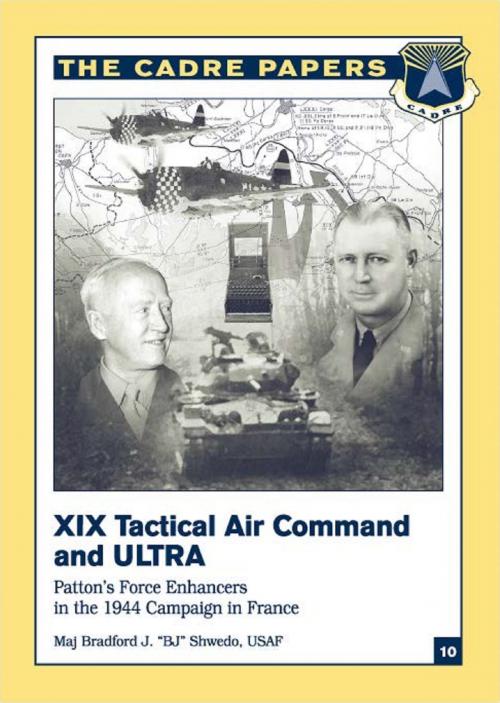
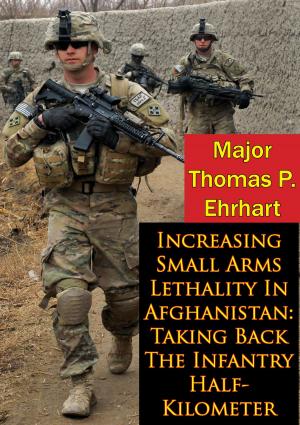
![Cover of the book Hitting Home - The Air Offensive Against Japan [Illustrated Edition] by Major Bradford J. “BJ” Shwedo USAF](https://www.kuoky.com/images/2015/november/300x300/9781786252432-Mh6l_300x.jpg)

